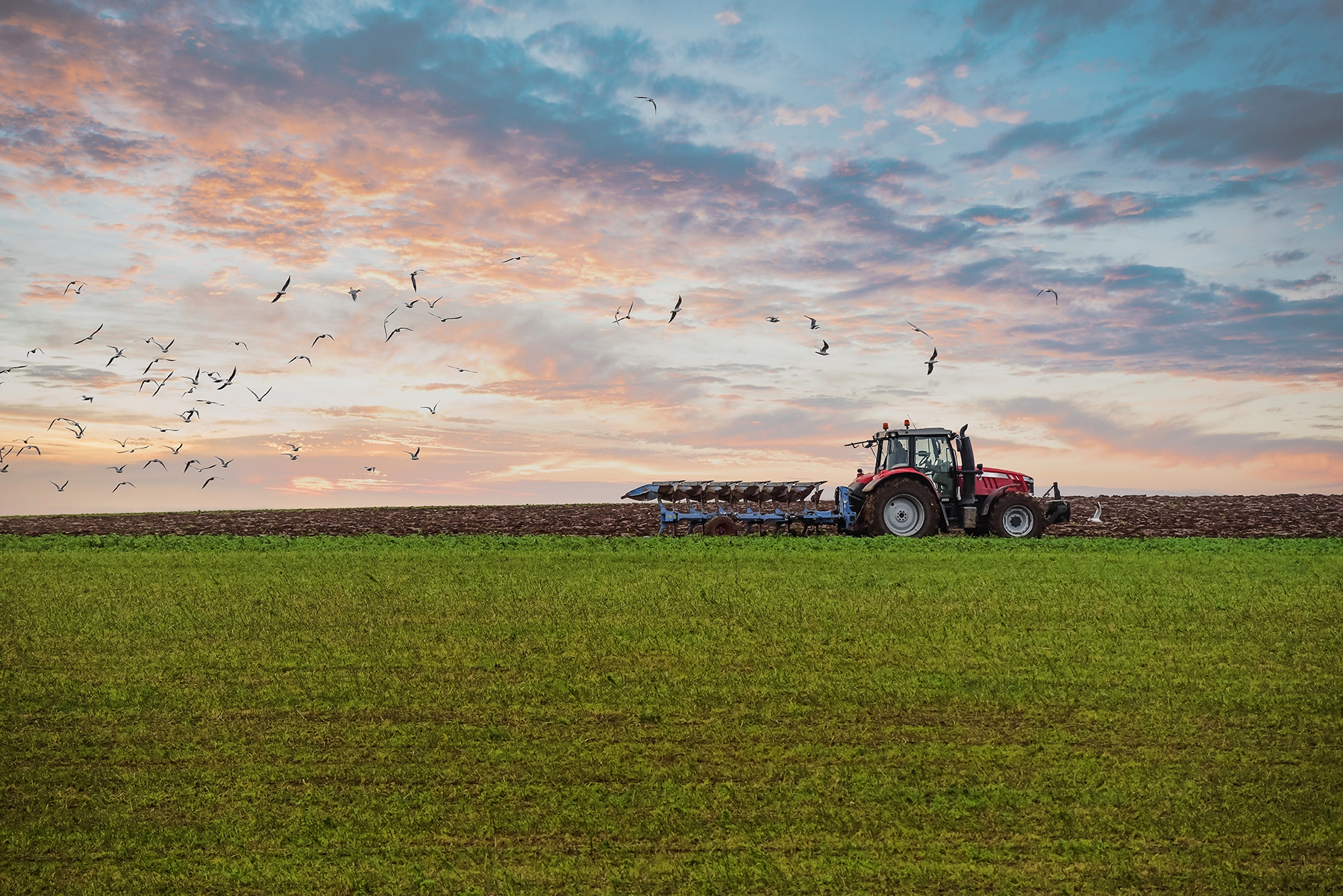
overview
A major lubricant brand was on an aggressive innovation growth path and had identified several potential new product concepts targeting the farming segment. When they called C+R, the client was ready to check their assumptions and elicit reactions from farmers themselves.
Recognizing the power of context, the C+R team decided to conduct research interviews at one the largest farming shows in the country, the Nebraska Farming Power Show. There, the team conducted 24 in-depth interviews (IDIs), learning all about both the possibilities and the limits of the client’s new concepts.
THE PROBLEM
Understanding Farmer’s Primary Needs and Pain-Points
A major lubricant brand had identified several potential product concepts targeting the farming segment and wanted C+R’s help engaging farmers in the research process. The client needed to understand farmers’ primary needs and pain-points, the concepts that solved real problems for them, and the concepts that farmers believed could be optimized to be credible, meaningful, and disruptive in a positive way.

OUR APPROACH
Sometimes Context Is Everything – Meeting Farmers on Their Own Turf
Rather than conducting interviews in a (sterile) designated research facility, the C+R team decided to carry out the research on farmers’ own turf – at one of the largest farming shows in the country, the Nebraska Farming Power Show. The team recruited 24 farmer respondents from the client’s show booth.
During IDIs, farmers were asked to articulate problem areas, pain-points, and unmet needs around cleaning, lubricating, and protecting farming machinery and working components. Respondents highlighted problem areas by showing researchers chains, joints, and couplings on existing machinery. Farmers were then shown new product concepts or ideas that corresponded to problem areas, and asked for their reactions, including appeal, relevance/usage, differentiation, brand fit, and optimization.

The result
Time and Effort Savings Are Key
For this study, the research context was key, sparking far richer insights and feedback than could have been generated in a traditional research facility. The interviews revealed that the lubricant category had historically overpromised in their claims and, as a consequence, farmers approached new concepts with a healthy dose of skepticism.
Time out-of-field is less money for farmers, so saving time and effort were key drivers of appeal across all concepts and ideas. Products that promote dual or multiple benefits were subject to greater scrutiny and skepticism, as farmers questioned the efficacy of these products (“too good to be true”).
In the end, the research demonstrated that the brand had a high degree of expandability into new product segments—but where the brand’s experience and credibility were questioned by farmers, there were limits.
The net result: five compelling concepts were identified and optimized to move into quantitative testing.


proven experience
related case studies
